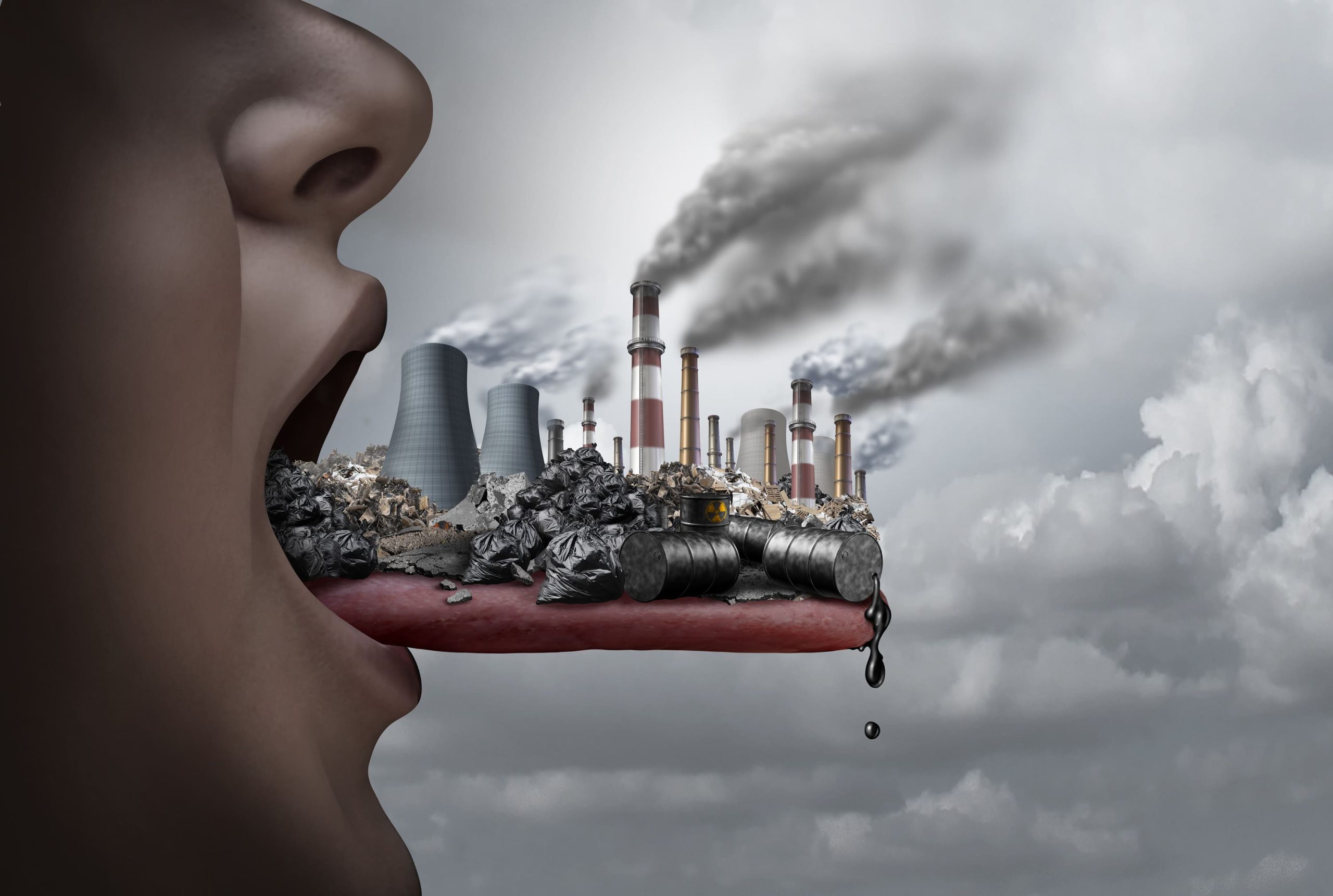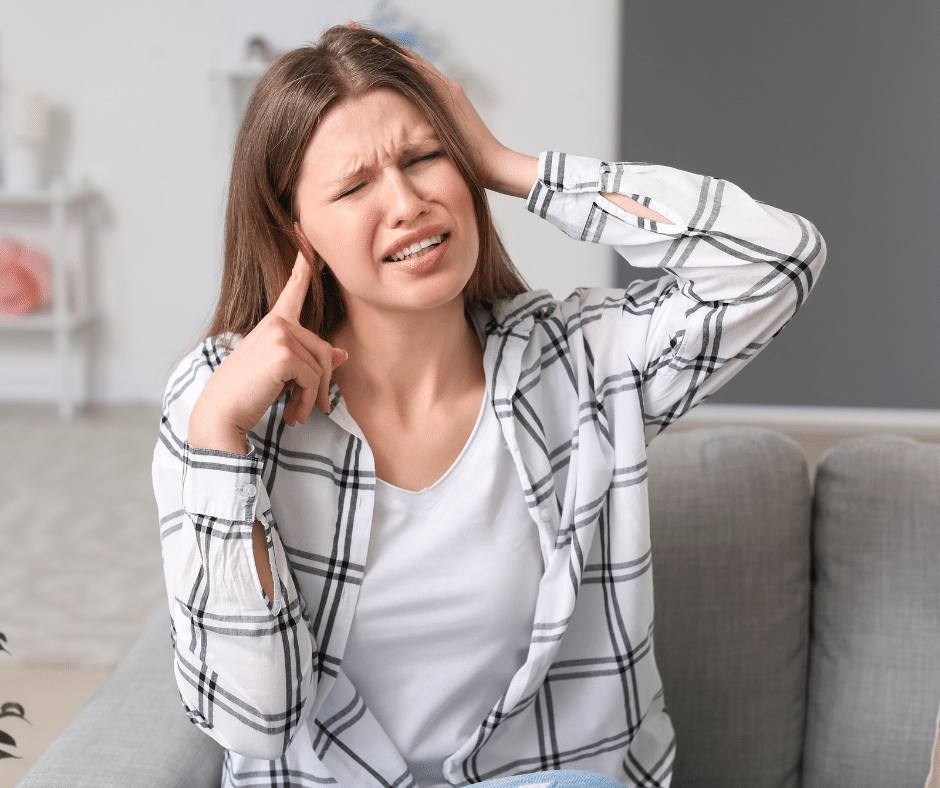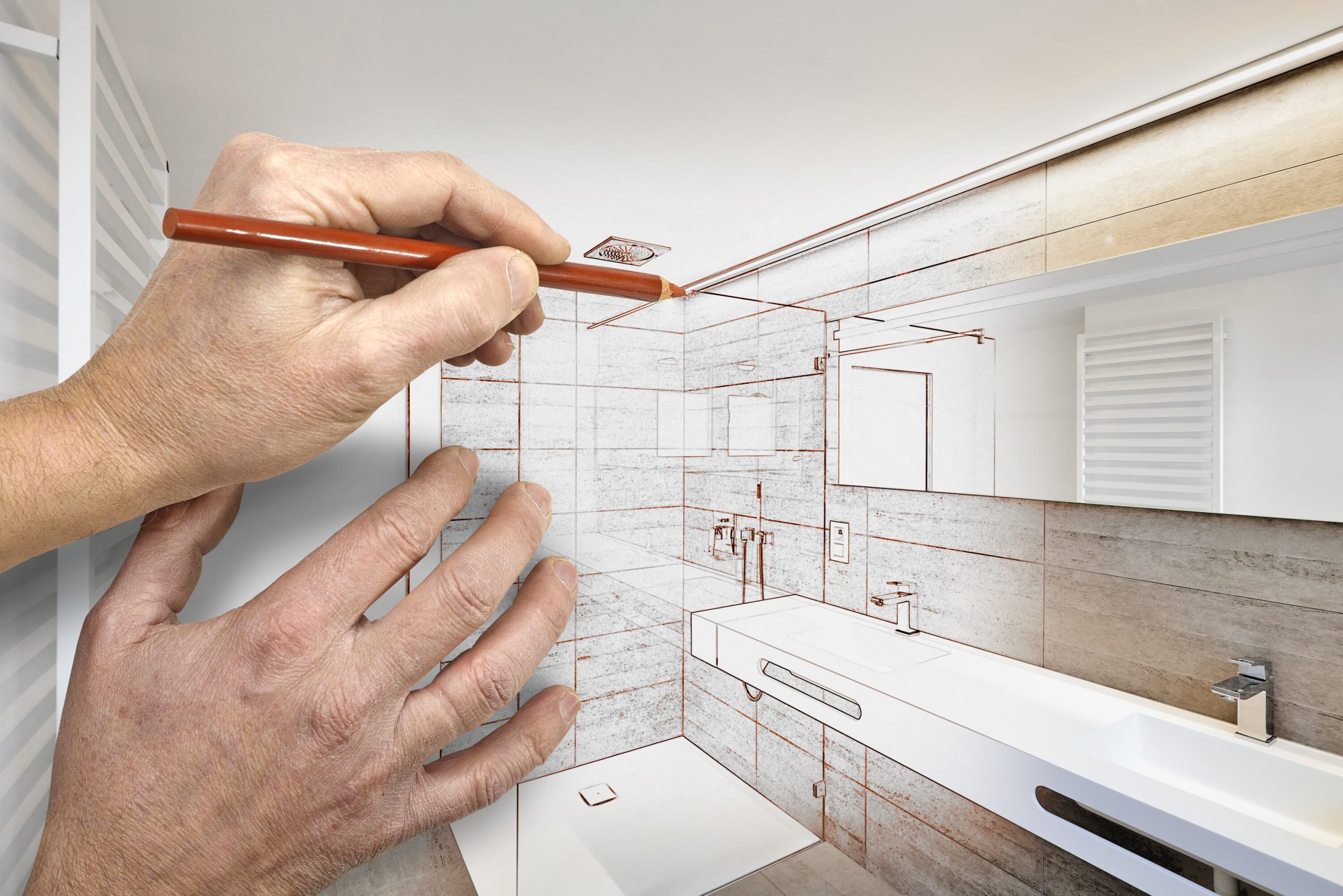5 Reasons Why Your HVAC Unit is Loud Do you find your HVAC unit excessively…

Why Do I Need an Air Purifier?
You rely on your HVAC system to keep the temperature and humidity of your home at a comfortable level. But what about keeping your home’s air clean? With the addition of a whole-house air purifier, your HVAC system can help to keep the air you breathe clean as well as comfortable.
See Also: Upgrades
The Significance of Indoor Air Pollution
Indoor air pollution is a serious problem. In fact, the Environmental Protection Agency (EPA) calls indoor air pollution one of “the top five environmental risks to public health.” That’s because the average American spends about 90% of their time indoors—and let’s be honest, many of us spend even more time than that inside, especially during the hottest and coldest months of the year!
So we spend a lot of our time breathing indoor air rather than fresh outdoor air. And the problem is that the EPA has also found that levels of some pollutants can be 2-5 times higher indoors than they are outdoors! That can add up to a lot of exposure to potentially harmful substances.
Pollution levels can actually be worse in newer, energy-efficient homes because they get less ventilation through cracks and drafts. While those well-sealed homes are great for saving energy and keeping you comfortable, they may be even more in need of air cleaning.
See Also: Air Conditioning and Your Health
What are the Common Indoor Air Pollutants?
We can be exposed to many different types of pollutants inside of our homes. For instance, there are viruses and bacteria such as the ones that cause the flu, strep throat, staph infections, and the common cold. It’s obvious why you don’t want those floating around in the air you’re breathing!
Another common and potentially harmful indoor air pollutant is organic growth. The Centers for Disease Control and Prevention (CDC) reports that indoor exposure to mold can cause a range of negative health effects. For healthy people, it can cause upper respiratory problems, wheezing, and coughing. For people with asthma, organic growth can increase their asthma symptoms.
Exposure to organic growth is especially bad for children. The CDC reports that there’s even some evidence that early exposure to growth can increase the chances that a child will develop asthma, a potentially life-threatening condition.
Pollen, pet dander, and dust mites are other common indoor air pollutants that frequently cause allergic reactions. In addition to dander, pets can also be the source of some less than pleasant odors. Bad odors may not be harmful to your health, but they can certainly decrease your indoor comfort.
Another potentially harmful type of indoor pollution is chemical gases and particulates. These can come from cigarette smoke or other kinds of smoke, like nearby forest fires. They can also come from cleaning products as well as new carpet, paint, furniture, and other common household materials. These kinds of pollutants can cause a range of negative effects, from eye irritation all the way up to increasing the risk for cancer.
See Also: Seasonal Allergies and Your Home
Who Needs Air Purifiers the Most?
While cleaner indoor air can clearly benefit just about everybody, some people are particularly sensitive to indoor pollutants and some homes are more likely to have higher levels of pollution.
Consider the age of the people in your home. Infants, children, and seniors are most likely to be susceptible to harm from indoor air pollution. First, they have weaker immune systems, which means they’re more vulnerable to airborne viruses and bacteria. An air purifier that kills those pathogens can help keep both the grandkids and grandparents healthier!
Second, it’s suspected that repeated exposure to allergens like mold spores and dust mites can trigger the development of allergies and asthma in children. Again, cleaning the air could lead to better health in the long-run.
Of course, people who already have allergies and asthma may particularly benefit from air purifiers that remove pollen, pet dander, mold spores, and dust mites from their home’s indoor air. Pet owners may even find that their pets’ allergies are improved by cleaning the air!
New, energy-efficient homes may particularly benefit from a whole-house air purifier because those homes have less natural ventilation. In addition, homes located in areas with heavier outdoor pollution—like those near a busy highway—could have higher levels of indoor pollution as well.
See Also: Keeping Allergens out of Your Home
What Kind of Air Purifier Should I Get?
It’s important to get a whole-house purifier rather than a portable purifier. Portable purifiers will only clean the air in one room of your home at a time. Sometimes just a small part of that one room. Whole-house air purifiers work with your HVAC system to clean all of the air in your home.
Plus, a whole-house air purifier is installed inside of your ductwork, so you won’t have an unsightly unit taking up space in your home.
There are several different types and brands of whole-house air purifiers available. Our Comfort Consultants can help you determine which air purifier is best for your home and your existing or new HVAC system. Call us to find out how you can make your home’s air cleaner today!
See Also: About Us


